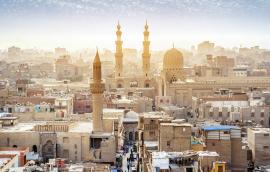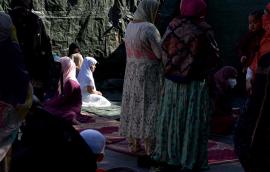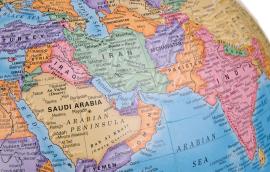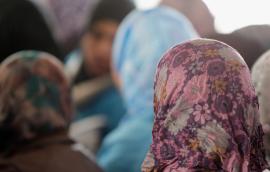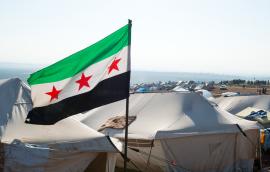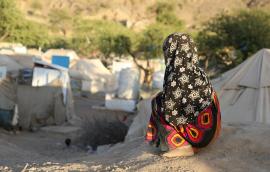Edward P. Djerejian Center for the Middle East | Women’s Rights, Human Rights, and Refugees | Commentary
Egypt’s Electoral Labyrinth Undermines Women’s Political Representation The current electoral labyrinth in Egypt continues to pose a significant challenge to creating a just and all-inclusive political system. Despite the myriad electoral reforms and constitutional amendments passed in the past four years, women continue to play a minor role in the decision-making process in postrevolutionary Egypt. The new constitution unveiled in early 2014 lacks a constitutional provision or a quota system that would guarantee equal political representation for women; this will negatively impact women’s ability to exert influence in the political arena.
Marwa Shalaby April 6, 2015
